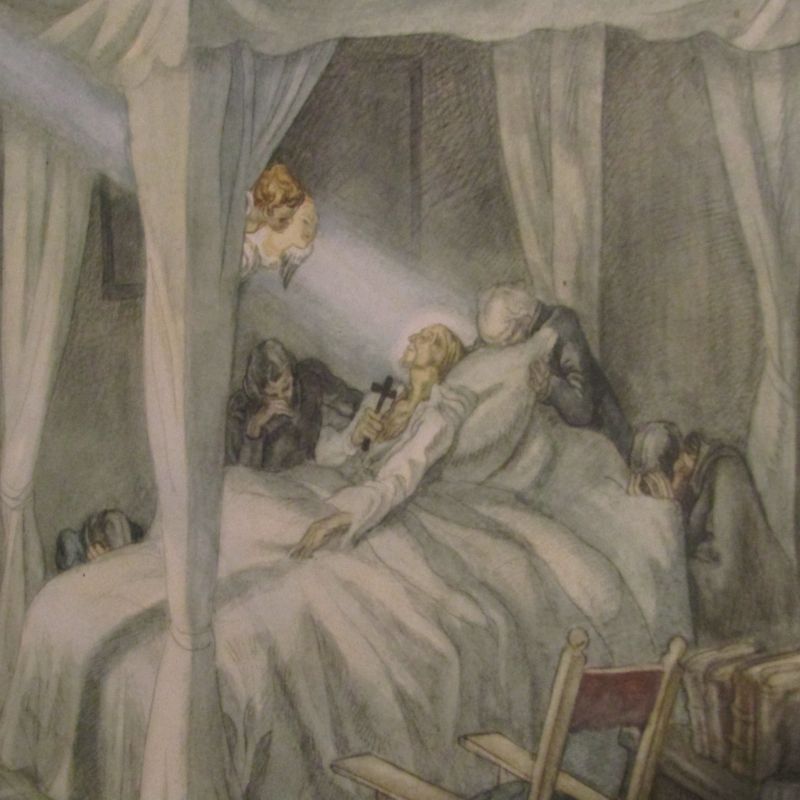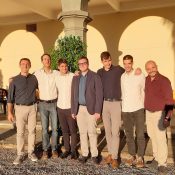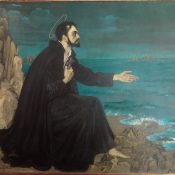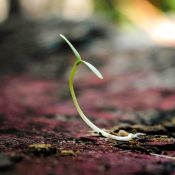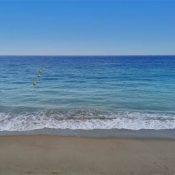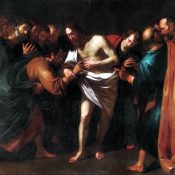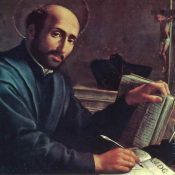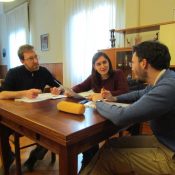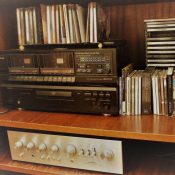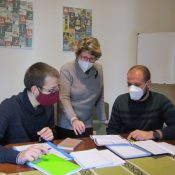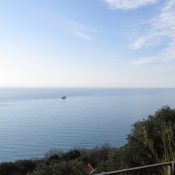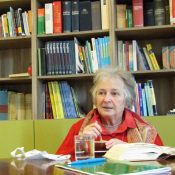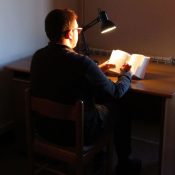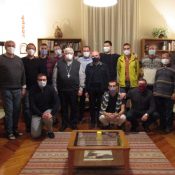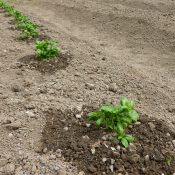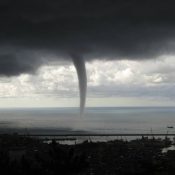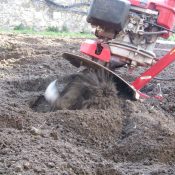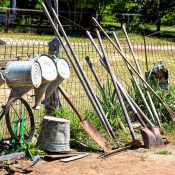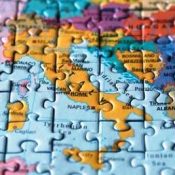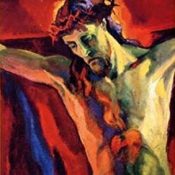It has become a tradition that those who come from Northern Europe to make their novitiate in Italy encounter hard trials and agonies. Just think of St Stanislaus Kostka from my own province, North Poland, who died in the novitiate in Rome in 1568 after a painful illness. I am also reminded of Saints Henry Walpole and Robert Southwell, who after formation in the same novitiate were sent to England where they suffered excruciating martyrdom in 1595.
It was therefore obvious that I, after a year already marked by covid19 and family bereavement, was destined for further suffering.
When at the end of October I fell victim to this cruel fate of mine on our football field with a sprained ankle, I managed to think “take and receive, Lord, this too”. I had the clear awareness that I was far from the level of holiness of the Jesuits from Northern Europe who had preceded me. But I soon saw an opportunity to imitate them better. Taken to my room and made to lie on the bed, the mixture of my religious fanaticism and the effect of adrenalin surging through my body after the painful impact caused me to expect a mystical ecstasy. I imagined that if I could fully surrender myself to the Lord in this poverty of mine and unite myself to the sufferings of Christ, I would be elevated to a state of union with God that I had only dreamed of until then. It could become my Pamplona, like St Ignatius! I already saw how future iconography would depict me in bed with a crucifix in one arm and a football in the other.
There then followed days in which I tried to turn my accident into a religious experience to lift my soul to God, but I did not succeed. I did not experience consoling enlightenment, nor did I feel God’s closeness. My spiritual life became a continuous distraction of thoughts about how I could have avoided the accident and feelings of self-pity and anger.
The pious part of me still wanted to offer itself to God, but the human part of me could not free itself from all these natural thoughts and feelings. On that bed of pain lay not a saint, but a man imprisoned by his ego. What a desolation! And God continued to be absent.
I seemed to myself a pagan, and began to doubt my choice of religious life, when suddenly a thought occurred to me: But He has chosen you! He knows all your faults, and yet he has chosen you to follow him as you are.
My distorted fantasy of a saint with a heroic smile touched by pain was not a pleasing offering to God, He had in fact ignored it. He wanted me, just as I am with my wounded humanity, with a sore foot that causes discontent.
My right foot has not provided me with mystical experiences, nor have I managed to achieve heroic virtues through my illness. But it did make me remember that I am human, and that the Lord calls me so. Consoled, I decided to follow Him thus, limping.
2021-01-02 Daniel Nørgaard – second-year novice.
